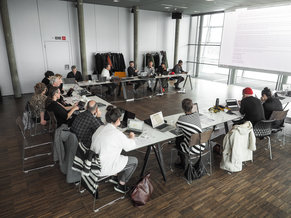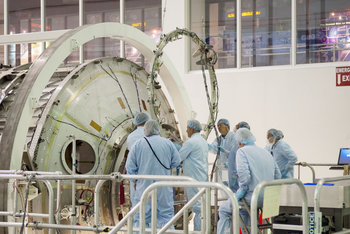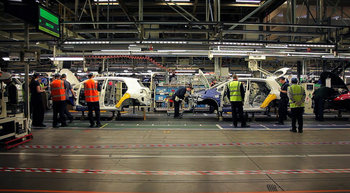
Collection and use of personal data. | The use of personal data for employment, housing and other decisions that impact a person’s life. |
The use of surveillance technologies. | Fairness and bias in algorithms. |
Fairness and bias in AI. | The use of AI to make critical decisions. |
The use of AI to make a medical diagnosis. | Ethical implications of the development and use of robots. |
The use of robotic systems in surgery. | Ethics of self-driving cars and their decisions. |
Informed consent for medical research. | Bioethics and the use of biotechnology. |
Ethical concerns related to genetic testing, gene editing and genetic privacy. | The use of genetic information in insurance and employment decisions. |
Ethical issues related to cloning. | Ethics related to implantable medical devices such as pacemakers. |
The obligation to protect systems and data from cybersecurity threats. | Accountability and liability for cybersecurity incidents. |
Transparency about cybersecurity incidents. | The ethics of hacking for security testing purposes. |
The energy use of technology such as cryptocurrency. | The environmental impact of technology. |
Transparency regarding the energy consumption and environmental impact of technology services. | The protection of whistleblowers who disclose unethical use of technology. |
Internet of things and the embedding of networked devices into everyday things. | The impact of social media on society. |
The impact of algorithms that suggest content on society. | Internet censorship and its impact on freedom of speech and society in general. |
The digital divide and providing equal access to technology and technology education. | Energy production and its environmental and social impact. |
Greenwashing and the inaccurate promotion of technologies as environmentally friendly. | Risks related to nuclear power and weapons. |
3D printing and intellectual property infringement. | The use of copyrighted material by machine learning. |
Risks related to nanotechnology. | The impact of drones on quality of life. |
The use of drones for surveillance. | Risk and ethics of autonomous military technology. |
Cyborgs and direct brain-computer communication. | Disposal and recycling of electronic waste. |
Risks and pollution related to space junk. | Environmental impact of rocket launches. |
Misinformation and the creation and dissemination of deepfake content. | Social problems created by technology such as technology addiction. |
Ethics of enhancing human abilities using technology. | Privacy, freedom and smart city technology. |
The use of AI in education. | Screen time and its impact on children. |
Social credit systems and their impact on society and quality of life. | Ethics of using AI to make decisions where no human understands how the decision was made. |




















